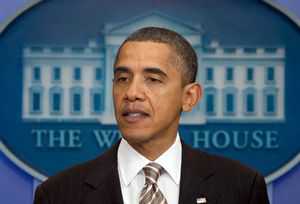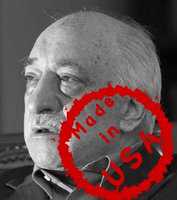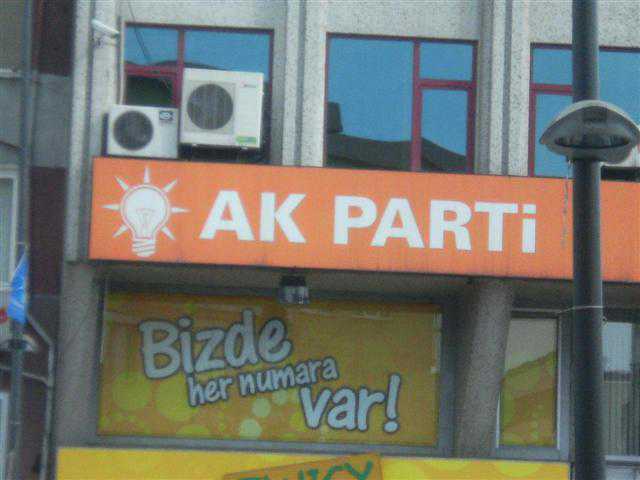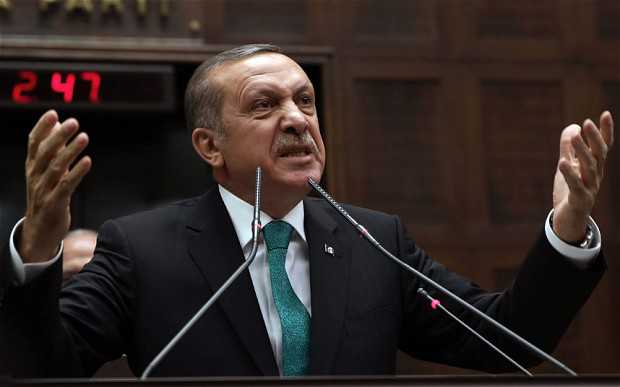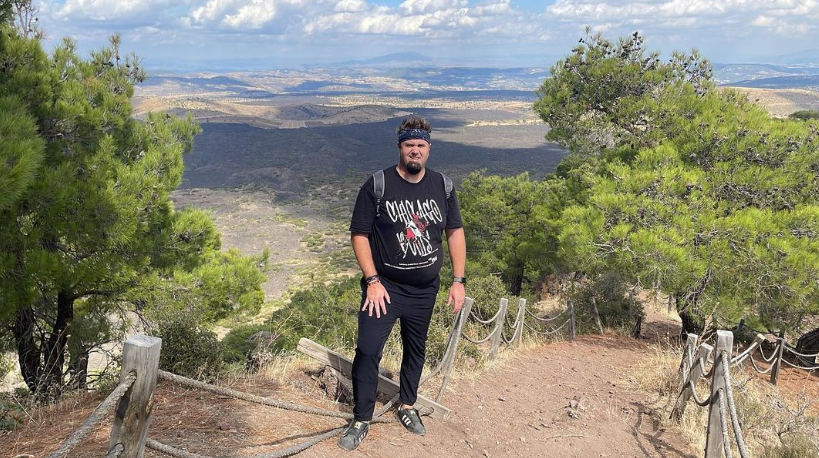Referendum Deepens Fragmentation in Turkey
Publication: Eurasia Daily Monitor Volume: 7 Issue: 168
September 20, 2010
By Saban Kardas
In the Turkish referendum held on September 12, voters supported the constitutional amendment package promoted by the governing Justice and Development Party (AKP). Despite earlier forecasts and opinion polls, the changes were approved by a wide margin: 58 percent voted in favor, while 42 percent opposed the amendment (Anadolu Ajansi, September 13). This rather surprising outcome will have significant implications for Turkish politics, possibly accelerating social fragmentation.
The referendum marks a major victory for the ruling AKP. Through their aggressive campaign, the opposition parties Republican People’s Party (CHP) and the Nationalist Action Party (MHP) had worked hard to present the referendum as a vote of confidence for the government (EDM, July 13). These two parties, which formed a “no front” against the reform package both during the parliamentary debates and in the referendum, had substantial reasons for objecting to the proposed constitutional changes. Yet, overall their mobilization strategy was based on a knee-jerk criticism of the AKP’s policies. In contrast, the AKP stated on many occasions that they would not capitalize on yes votes and present them as support for the AKP. The AKP, instead, defined the changes as a move towards the democratization of Turkish politics. Other smaller parties on the right of the political spectrum, which supported the AKP’s argument, mobilized their supporters in favor of the changes. However, for a great portion of Turkish voters the content of the constitutional changes was less important than their party affiliation (Hurriyet Daily News, September 15).
The results can be interpreted as a reaffirmation of domestic support for the AKP’s tenure in power. This success represents the sixth major electoral victory for the AKP under Prime Minister, Recep Tayyip Erdogan. Since 2002, the AKP has won two parliamentary elections and two municipal elections, and managed to pass constitutional amendment packages in two referendums. Following the latest result, many observers expect the AKP to win the next national elections slated for 2011. With this unprecedented track record, the AKP machinery has emerged almost as an invincible force in the Turkish political scene, raising the question as to how it will use its power. AKP representatives already indicated that they would revive the debate on introducing a new constitution, most likely following the 2011 elections. Many liberal and reformist groups, as well as the European Union, therefore, welcomed the referendum result, because they believe that the expression of support for the constitutional changes will put pressure on the AKP to maintain its momentum towards the further democratization of the Turkish political system. Earlier, the AKP had come under criticism for slowing the pace of political reform required by the EU membership process (Hurriyet Daily News, September 14).
A more interesting question, however, concerns how Erdogan, who can claim credit for AKP’s unprecedented track record, will use this power to secure his personal position in Turkish politics. Many observers expect Erdogan to run for the presidency after the current President Abdullah Gul’s term expires in 2012. The next president will be elected by popular vote according to the constitutional changes of 2007. One drawback for Erdogan is that in Turkey’s parliamentary system, presidents can exercise only limited influence. Given Erdogan’s interest in political power, he might also push for a more radical overhaul of the Turkish political system. Erdogan has already initiated a debate on replacing the current parliamentary system with a presidential system. It remains a possibility that Erdogan will revive such a debate, in order that he might eventually lead a strong presidential system (Anadolu Ajansi, September 13).
This unprecedented popular support and resulting latitude that the AKP and Erdogan have gained in restructuring the Turkish political system has triggered anger among the AKP’s opponents. Erdogan announced that his party will seek consensus with other parties, as they work on a new constitution. However, many of the AKP’s critics argue that after the AKP managed to curb the power of the Turkish military, it has moved on to undermine the power of other state institutions, mainly the independent judiciary. The AKP’s critics believe that as a result of the recent constitutional changes, the system of checks and balances has already been undermined, and if the AKP continues on its current path, it might eventually form a civilian despotism and suppress secular segments of the society.
Therefore, the representatives of Turkey’s secularist opposition and speakers from the high courts have maintained that although they respect the people’s choice in the referendum, they would continue their struggle to maintain judicial independence and not allow the AKP to take complete control of all state institutions. As a result, the fragmentation in Turkish politics and society appears to be deepening. The aggressive campaign prior to the referendum and the statements from the representatives of the AKP and its opponents indicate that secularist and nationalist groups represented by the CHP and MHP on the one side, and conservative and liberal groups represented by the AKP on the other, will remain engaged in a fierce battle over how to define Turkey’s political system and values. Moreover, this fragmentation also has geographic ramifications. While the provinces in central Anatolia and the Black Sea region supported the constitutional changes, the provinces in the western coastal areas and Thrace voted against the changes. This distribution corresponds closely to the results of the 2009 municipal elections, whereby coastal areas voted for the CHP and MHP and central Anatolian provinces voted for the AKP (EDM, March 31, 2009).
Another division is hidden in the voting patterns in the Kurdish speaking provinces in Eastern Turkey. Pro-Kurdish Peace and Democracy Party (BDP) called on its supporters to boycott the referendum. Low voter turnout in many of the eastern provinces shows that the BDP controls a large section of the Kurdish vote, which corresponds to the results of the 2009 elections. With this boost of self-confidence, the BDP is likely to intensify its campaign to disconnect the Kurdish-speaking areas from Turkey’s mainstream political system, in line with its strategy of demanding “democratic autonomy” for the Kurds. As such, the referendum results might also deepen the divisions around the Kurdish issue, further accelerating Turkey’s social fragmentation.
https://jamestown.org/program/referendum-deepens-fragmentation-in-turkey/



